Is Boston Cheaper Than Toronto?
Considering housing, utilities, transportation, and childcare, Boston is 24.82% more expensive than Toronto. The average monthly living cost in Toronto is $2,460, while it’s $3,071 in Boston.
Here’s how we came up with that conclusion:
Is Boston Cheaper Than Toronto?
Cost of Housing in Boston vs. Toronto
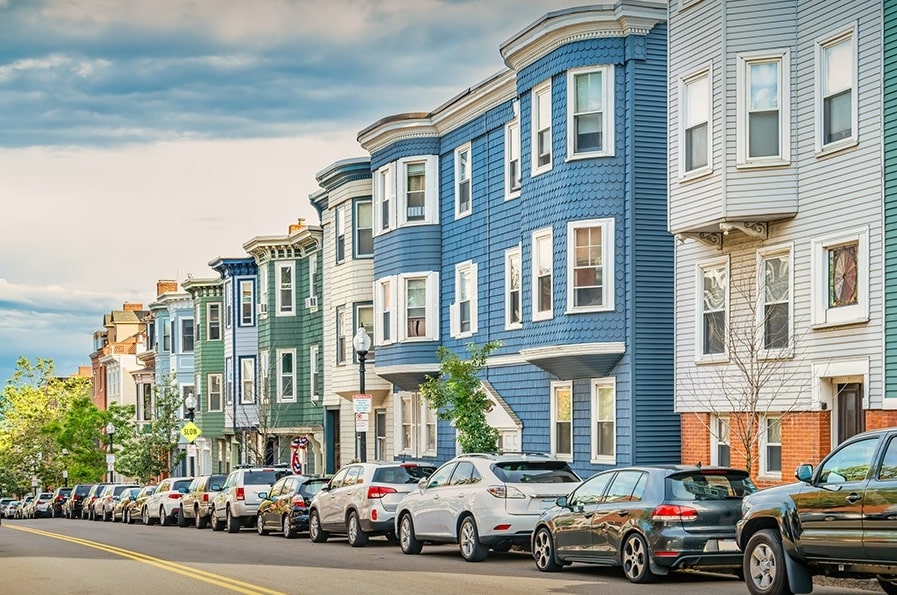
Renting a one-bedroom apartment in Toronto is 33.79% cheaper than in Boston. In fact, Boston is one of the most expensive cities in the United States to rent an apartment.
When it comes to buying real estate properties, Toronto generally has higher real estate prices compared to Boston. The average price of a single-family home in Toronto is 80.54% more expensive than in Boston.
Boston and Toronto are both desirable cities to live in and this desirability, of course, comes with an expected high cost of housing.
However, you’ll see in the table below that there’s quite a difference in the cost of renting and owning a house or apartment in the two cities.
Boston’s very high rent rates are due to several factors. The city is located on a peninsula surrounded by water, which limits the amount of land available for development.
This drives up the price of land, which in turn drives up the price of housing. In addition, Boston City has a high property tax rate and a high sales tax rate, which adds to the cost of living for residents.
When it comes to buying, well, it’s no secret that real estate prices are crazy high in Toronto and Boston. The average costs of a basic house in both cities are more than double the national median home price of $428,700.
Employment in Boston vs. Toronto
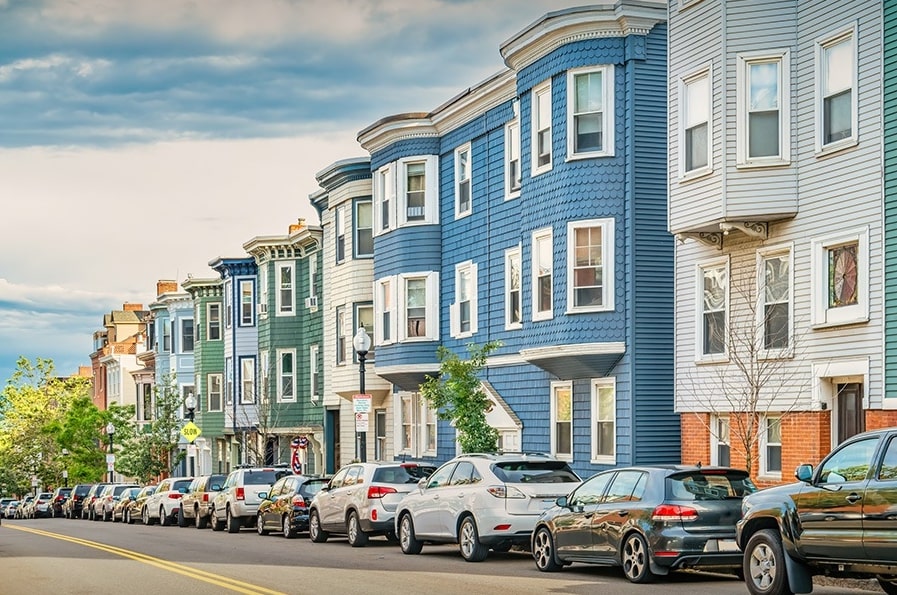
As of June 2023, Boston (2.9%) has a lower unemployment rate compared to Toronto (6.1%). On top of that, Boston’s average annual salary is approximately 12.71% better than Toronto’s.
When it comes to employment and access to a stable career, Boston has got Toronto beat. In fact, based on the recent unemployment rates of the two cities, Boston’s job market is approximately 52.46% better than Toronto’s.
Here are some popular job titles in Toronto and Boston and their median annual salary:
Cost of Utilities in Boston vs. Toronto
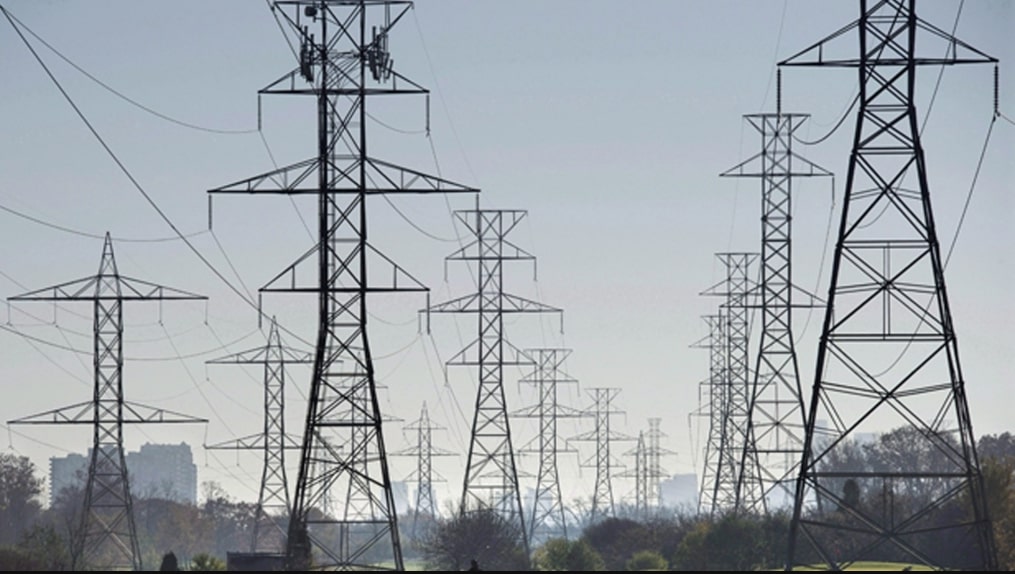
Basic utilities, including electricity and water, and an internet plan are significantly cheaper in Toronto compared to Boston.
Boston experiences colder winters than Toronto, which means that residents need to use more energy to heat their homes. Another factor is the higher cost of energy in Boston.
Thus, Toronto tends to have slightly lower utility costs compared to Boston due to its milder climate and generally lower heating demands.
However, individual circumstances and energy efficiency measures play a significant role in determining actual utility expenses in both cities.
Cost of Transportation in Boston vs. Toronto
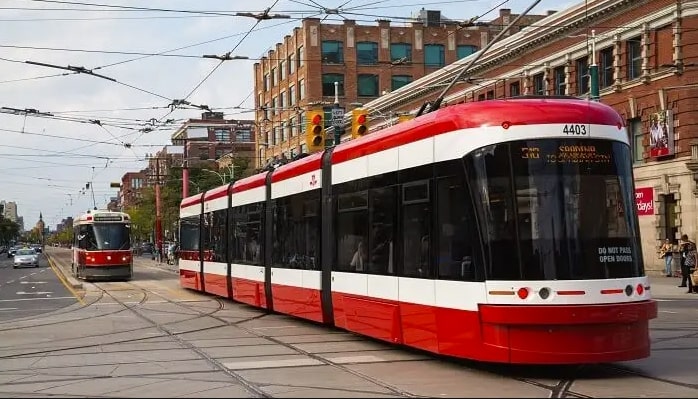
Toronto’s transportation system tends to be slightly more expensive compared to Boston.
However, the availability of monthly passes and discounted fare systems can make public transit more affordable for regular commuters in both cities.
In Boston, transportation options include the subway system (known as the “T”), buses, commuter rail, and taxis/ridesharing services. The Massachusetts Bay Transportation Authority (MBTA) operates the public transit system.
On the other hand, Toronto offers a comprehensive public transit system with buses, streetcars, subways, and commuter trains operated by the Toronto Transit Commission (TTC).
Here’s the comparison of basic transportation fares in the two cities:
Cost of Food in Boston vs. Toronto

The cost of food in Toronto is slightly lower than in Boston. This is due to a number of factors, including the lower cost of food in Canada, the stronger Canadian dollar, and the availability of cheaper food options in Toronto.
For example, the average cost of a basic grocery basket in Toronto is $300-400, while the average cost of a basic grocery basket in Boston is $350-500.
However, the cost of eating out in Toronto is about the same as in Boston. The average cost of a restaurant meal in Toronto is $15-25, while the average cost of a restaurant meal in Boston is $18-30.
That said, both Toronto and Boston have vibrant food scenes, and the cost of food can be relatively high, especially for dining out. The overall cost of food will largely depend on personal preferences for dining and grocery shopping habits.
Cost of Childcare and Education in Boston vs. Toronto
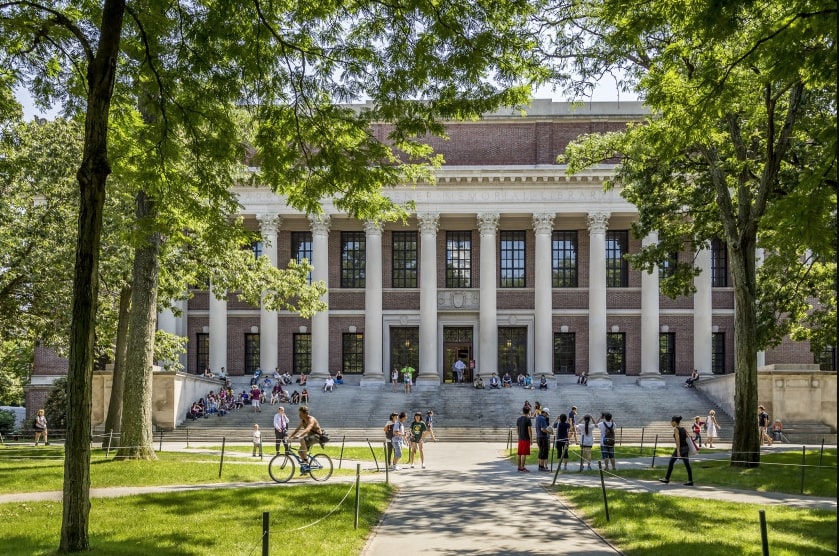
The cost of childcare in Boston is more than double compared to Toronto. On top of that, the cost of public education in Boston is about 43% higher than in Toronto.
Although, public education is generally free in both cities, with additional costs for specific activities and supplies.
Boston is known for its prestigious universities, and tuition costs can be high. For example, annual tuition at Harvard University can exceed $50,000.
Public K-12 education is funded through taxes and is generally free for residents, though there may be additional fees for extracurricular activities and supplies.
In Toronto, education costs can vary based on the level of education and institution.
Public elementary and secondary education is funded by the government and is generally free. Post-secondary education costs vary, with tuition for universities and colleges ranging widely based on the program and institution.
It’s still a lot cheaper compared to public universities in Boston, though, with an estimated annual tuition of only $7,000.
Cost of Healthcare in Boston vs. Toronto
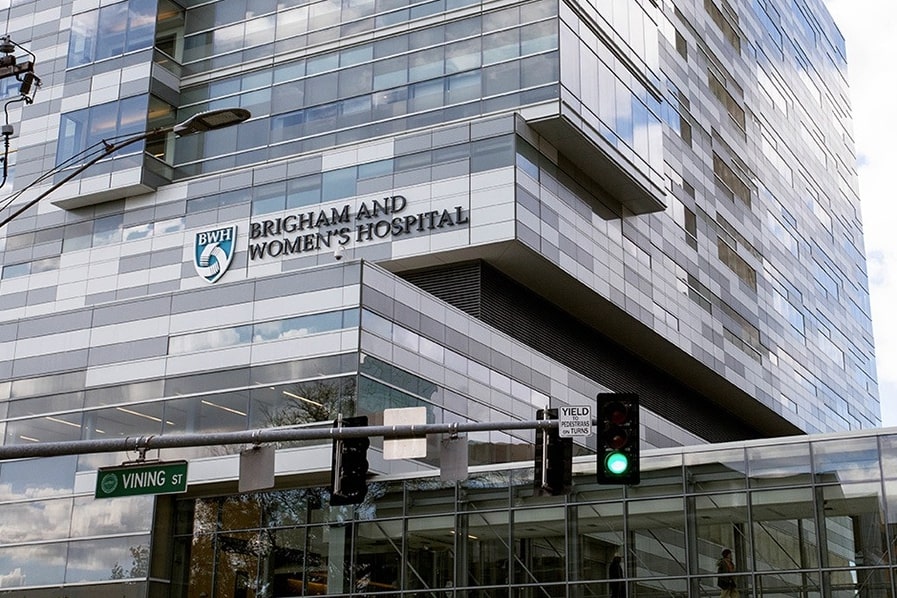
Toronto’s publicly funded healthcare system provides greater access to essential medical services without direct costs to residents.
Boston’s healthcare system offers advanced medical services, the presence of private insurance and varying coverage levels can result in higher out-of-pocket costs for individuals.
Boston boasts prestigious healthcare institutions like Massachusetts General Hospital and Harvard Medical School. Its focus on medical research drives innovation, leading to cutting-edge treatments and advanced medical technologies.
However, healthcare operates under a private insurance-based system in the U.S., resulting in diverse coverage levels and potential costs for individuals.
While excellent medical care is accessible, concerns linger over healthcare’s accessibility and affordability for certain residents.
Conversely, Toronto’s healthcare operates on a publicly funded model, offering universal coverage through the Ontario Health Insurance Plan (OHIP). This secures vital medical services for citizens and permanent residents with minimal out-of-pocket costs.
The city houses notable hospitals like the University Health Network and Sunnybrook Health Sciences Centre, providing diverse medical services. Canada’s healthcare accentuates prevention and equal medical service access for all.
Boston and Toronto: Which City is Right for You?
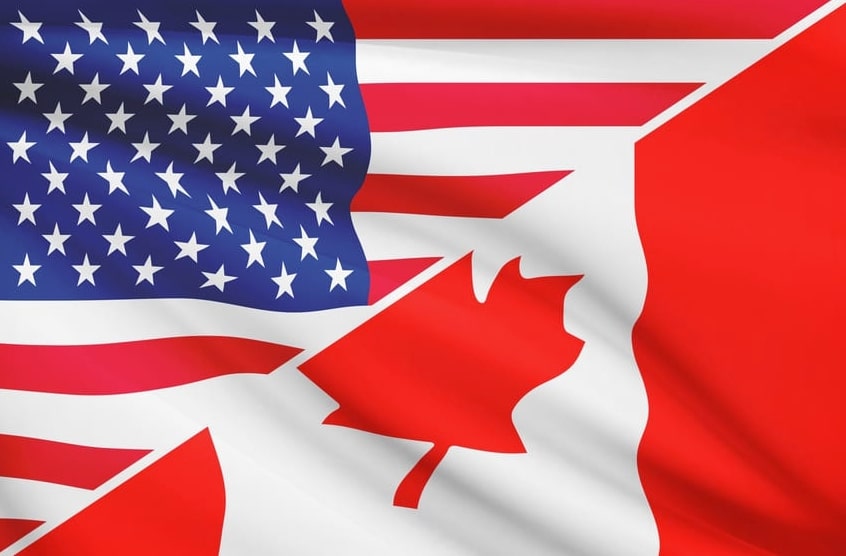
In the end, the most suitable city for you will be determined by what matters most to you and your purchasing power.
Boston and Toronto each have their own good and not-so-good points, so it’s smart to think about these things before you decide. Here’s a little summary to help you out:





